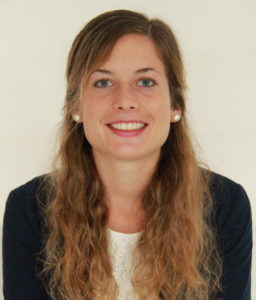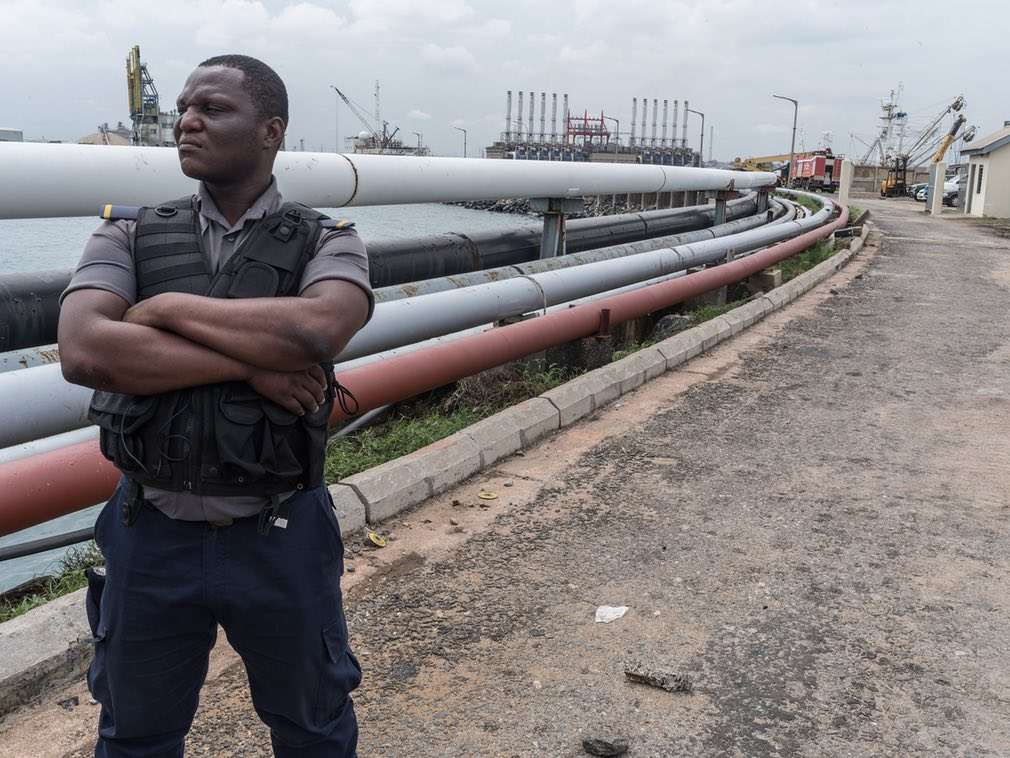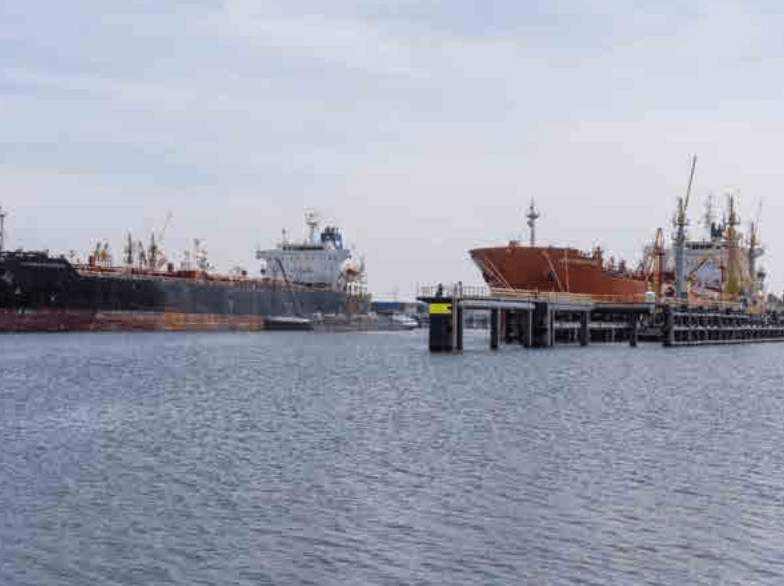
Although fuels with high sulfur and benzene content are banned in Europe because of their harmful effect on human health, European countries are exporting these fuels to Africa. A recent report by the Swiss NGO Public Eye details the damage caused by these fuels and the underlying factors that support this market. In response to the report, Dutch Minister Lilianne Ploumen (Foreign Trade and Development) called these exports “a scandal” but communicated that there was no legal recourse to stop them.
Enter CIEL.
Our job? Determine whether the export of these toxic fuels violates international law.
European traders and oil companies exploit the weak fuel standards of most West African states by using cheap blendstocks to reduce production cost. The companies blend cheap fuel with sulfur and other harmful additives, resulting in sulfur levels that average 200 times, but sometimes more than 1000 times, higher than European limits.

The fuels are blended in tank terminals onboard ships in harbors or at sea. Most fuel exported to Africa from Europe comes from the harbors of Amsterdam and Rotterdam in the Netherlands and Antwerp in Belgium, and they are sold primarily in West African countries. The combustion of high sulfur fuels is a significant contributor to air pollution in Africa, causing health problems such as respiratory diseases and premature death.
Most West African states that import high sulfur fuels are Parties to the Bamako Convention, which specifically bans the import of hazardous waste (defined broadly to include “all substances banned for health or environmental reasons in the country of manufacture”) into Africa. High sulfur fuels fall under this definition of hazardous chemicals, and consequently, their import into countries that are parties to the Bamako Convention is banned.

Under the Basel Convention on the Transboundary Movements of Hazardous Wastes and their Disposal (Basel Convention), Parties are prohibited from exporting hazardous waste that has been banned in the country of import. Thus, Basel Parties are prohibited from exporting high sulfur fuels to Bamako Parties including Benin, Cameroon, Ivory Coast, Mozambique, Republic of the Congo, Senegal, and Togo. As Parties to the Basel Convention, Belgium and the Netherlands are therefore in violation of their obligation under the Basel Convention. The shipment of high sulfur fuels to Africa also frustrates the Bamako Parties’ implementation of the Bamako Convention, contrary to customary international law.
The export of high sulfur fuels is also contrary to international human rights obligations, such as the requirement that states cooperate to protect the right to health and to prevent extraterritorial harm.
CIEL’s analysis concludes that the Netherlands and Belgium have a legal obligation to ban the export of these dirty fuels to Bamako Parties as well as to any other states. Such an export ban would result in important improvements to air quality and human health.

The Bamako ban on hazardous wastes includes all substances banned in the country of manufacture and therefore extends well beyond high sulfur fuels. Many substances, such as the pesticides Paraquat, Atrazine, and dichlorodiphenyltrichloroethane (DDT), are banned in the countries of manufacture for health or environmental reasons but continue to be exported to Africa. Similarly, asbestos is now banned by Canada, but still exported from there to African countries such as Tunisia. Thus, the CIEL legal analysis is potentially applicable to many more situations of countries exporting toxic substances to Africa. The obligation of Basel Parties to cease selling material that has been banned domestically to protect health or the environment must therefore be applied to all other areas of the export market to Africa. CIEL will now work with Basel Parties at the next Conference of Parties in April/May of 2017 to ensure that all Basel parties respect their obligations under the Convention.
